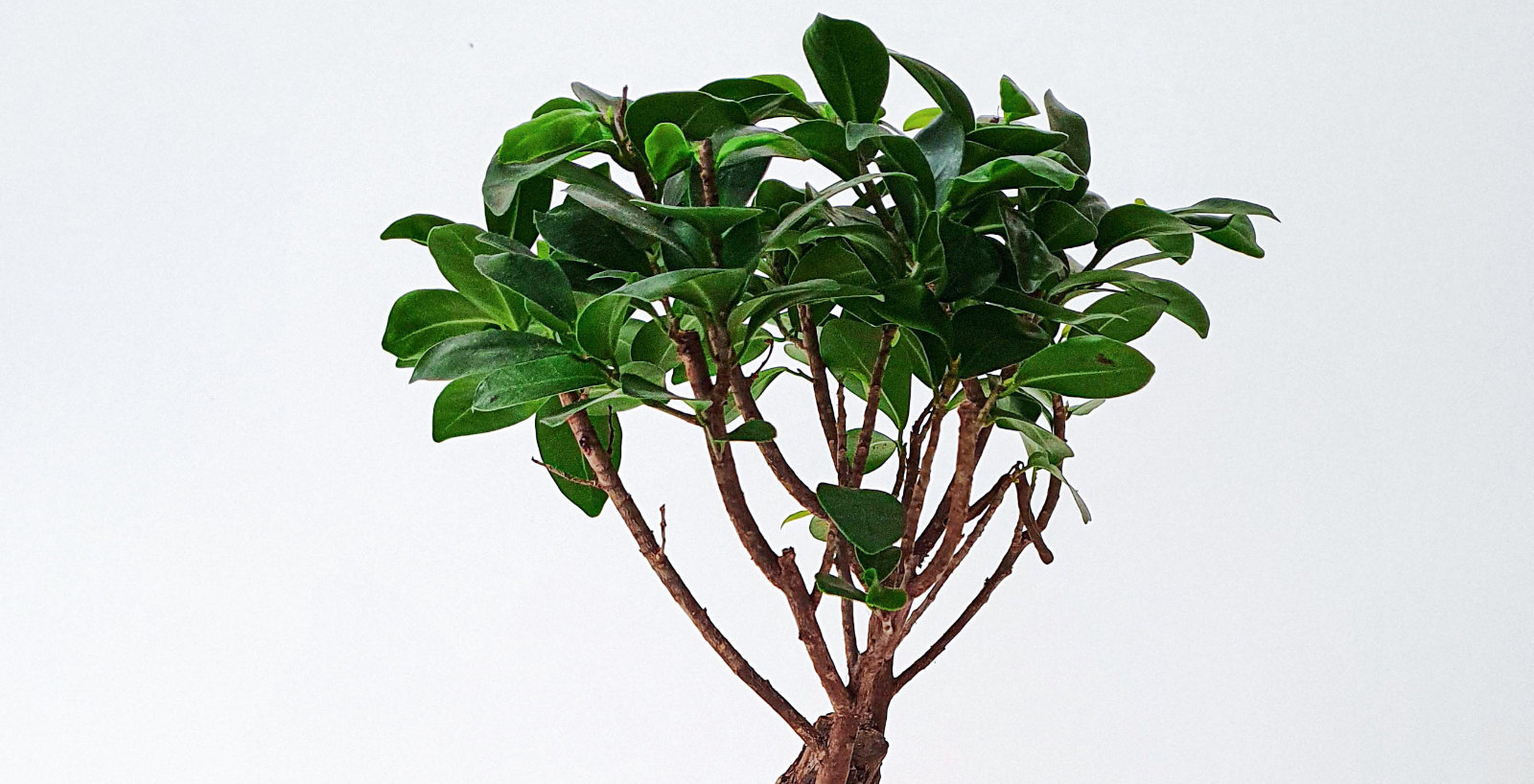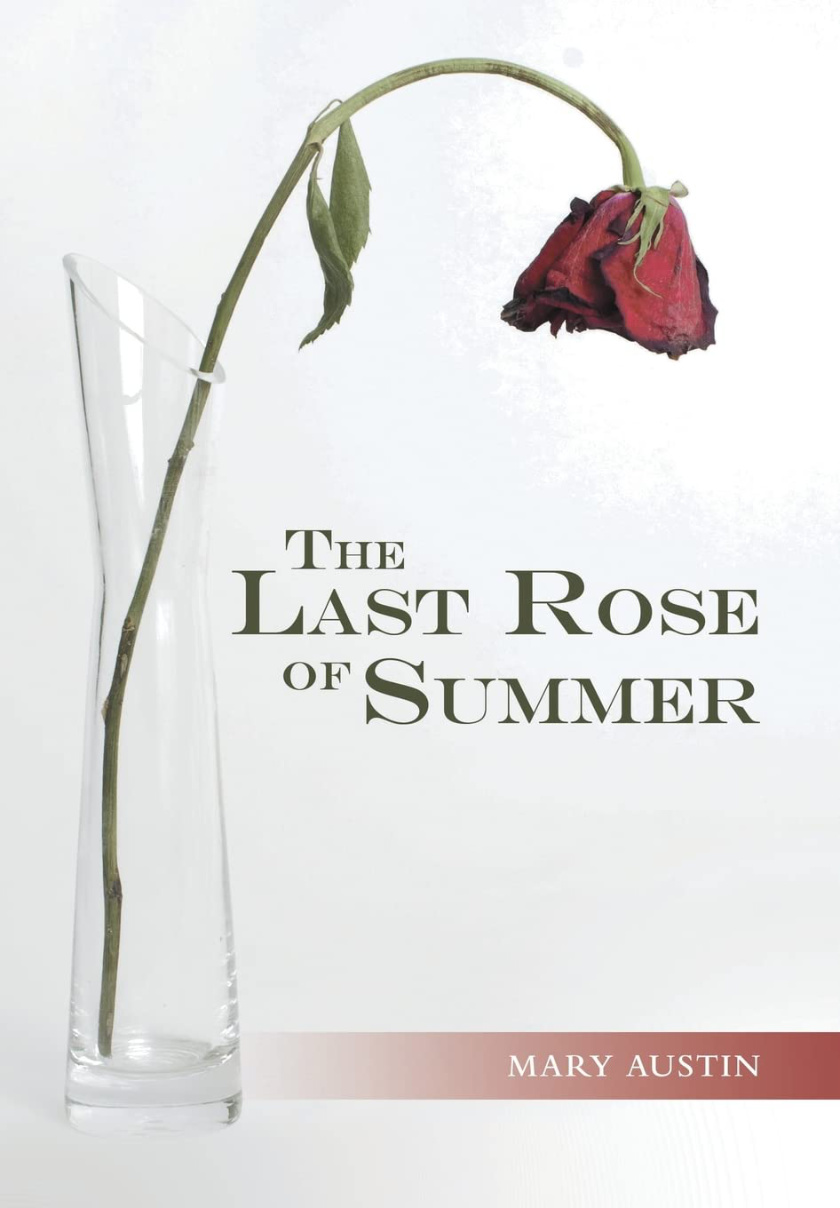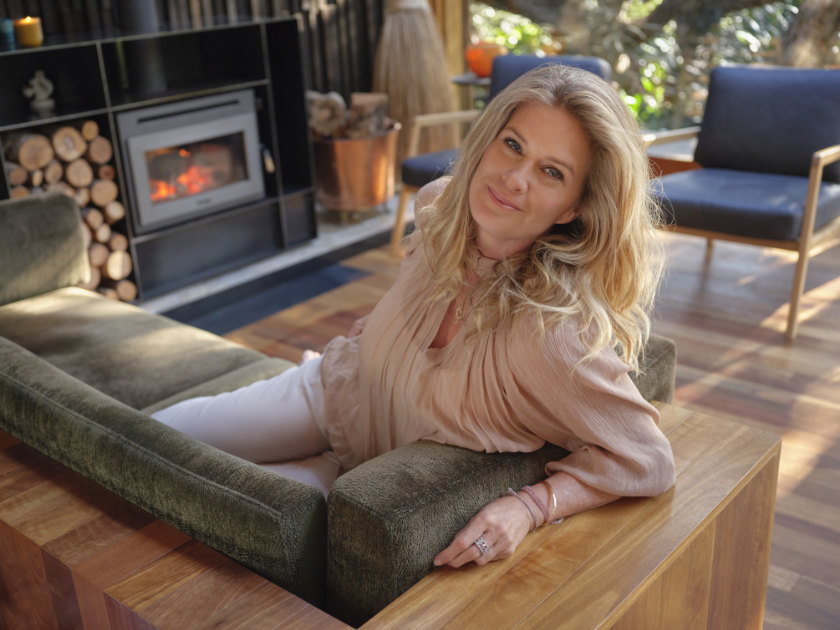
LIVING Physician Mary Austin tells a story about a miraculous cancer drug—which is then suppressed by Big Pharma. Jack Yan interviews her about her book, The Last Rose of Summer
Top photograph by Elīna Arāja/Pexels

What if there were a cure for cancer—or at least medical research that showed real potential—but it was sabotaged by Big Pharma? That’s exactly the plot of The Last Rose of Summer, by Mary Austin, a beautifully written work of fiction—or is it?
After Austin (a nom de plume) started getting threatening phone calls that forced her to flee her home and live in her ex-boyfriend’s basement, and became the target of electromagnetic radiation poisoning, she was faced with no option but to get word out through a fictionalized work.
Austin writes in a style that is easy and, despite the serious subject-matter, even enjoyable to absorb, citing poetry throughout and channelling some of her favourite British authors. She references P. G. Wodehouse and Sir Terry Pratchett among her influences. Her Irish heritage sees her draw on Celtic mythology for the book’s antagonists.
Austin was drawn to a career in medicine since her childhood in the countryside, ‘with all the farm animals and wildlife a little kid could wish for.’ She hero-worshipped the country vet, a kind man whom she witnessed repairing the jaw of a dog who had been struck by a car. ‘That was it: I wanted to be a veterinarian. I revised the goal to human medicine when I got a bit older, but otherwise I never looked back.’
As an undergraduate, she had what she described as a ‘flash of intuition’ at the end of a biochemistry lecture on DNA methylation. She began reading medical journals about DNA methylation in human cancer.
She recalls, ‘I was also reading about plant saponins, a category of molecules found in many common plants. They play a role in protecting plants from bacterial and fungal infections. In ginseng, the saponins (called “ginsenosides”) are also the main chemicals responsible for ginseng’s activity as an herb. For over forty years, scientists mostly based in Asia have been researching the effects of ginseng saponins on cultured human cancer cells from a wide variety of cancers. Various ginsenosides—the pure chemicals, not herbal extracts—caused cancer cells in culture dishes to start to appear more like normal cells under the microscope. More sophisticated tests confirmed it was a functional change: the cancer cells were starting to behave more like the cell type they were derived from, or the cancer cells went into programmed cell death (another good sign with any experimental cancer drug). Further research in the literature showed that the drugs helped treat cancer in experimental mice and rats.’
Austin then theorized that these drugs could impact DNA methylation, ‘a process that goes awry in virtually every human cancer.’ If she could prove it, she could tie together the research from China, South Korea and Japan, and provide a rationale for increasing the dose, something that she felt was feasible given the drugs’ relatively low toxicity versus other chemotherapy agents.
‘At low doses it had mostly been used in combination with other chemotherapy, so I was wondering whether—if in fact it was correcting the errors in cancer cells’ DNA methylation—ginsenosides could be used alone. If so, it might spare the use of far more toxic agents.’
After choosing one ginsenoside, Austin’s research proved correct, and there was a great deal of excitement. She and her boss at her university began talking to partner labs that could test the drug. Close to submitting the findings to a medical journal, a multinational drug company became involved. ‘That was when the knives came out.’
Austin was prepared to have her credit stolen, or have her work passed off as a post-doctoral researcher, but more serious episodes ensued: her med school application was sabotaged, though a medical school dean implied to her in a phone call that he saw through what her bosses were doing and accepted her.
The threatening calls to her apartment then began. Then at work. There were death threats. She discovered she had possibly been poisoned with neurotoxic radiation, which had also caused her cat to vomit frequently. Using electromagnetic pulses, this had been used on US diplomats at some of their foreign missions by enemy countries. Then her parents began receiving threats.
‘Eventually my family pleaded with me to come home before I died. I still thought the lab would publish the discovery and just steal credit, but tragically it went far beyond that: the drug was a potential threat to the drug company’s profits. They buried it, not because the project didn’t work, but because it did.’
Despite the efforts of her nemeses, Austin qualified as an MD and entered pediatric residency. Her superior heard her story and even allowed her to revisit the research. He was then diagnosed with a terminal cancer.
‘I dearly hoped the project would help him, but my cultured tumour cells never responded as they had before. I found out just before he died that my drug stock in lab had been sabotaged the entire time, at the level of the supplier. The other doctors wouldn’t let me continue the work after his death, nor send it elsewhere, so I graduated residency, gave up my academic future, and sent the project without permission to a lab in another country.’ The Last Rose of Summer ends there, but Austin picks up the story in a second book. The book is named for her mentor, a man whom Austin believed was also incorruptible.
Austin paints a dire picture of the pharmaceutical industry in the US, mirrored in so many other places, something made very evident when publicly funded research for a COVID-19 vaccine wound up in the hands of Big Pharma, which sold back to governments for a profit. This happened in both the US and the UK and the world continues to pay a price.
Stateside, Austin says the opioid crisis has made her story easier to believe.
‘The opioid crisis has shown the general public what insiders in medicine knew long before: Big Pharma will intentionally commit mass murder for its profits. Committing mass murder is also perfectly legal if you pay off the US legislators who write the law and, in the case of the Senate, confirm the FDA commissioner. Nobody is getting confirmed by the US Senate who will put patients ahead of the industry. The current commissioner is the least worst choice Biden could have made, given this reality.’
She likens the activities to the mafia—in fact, she cites the prosecutor Fred Wyshak, who was stunned at how low Big Pharma would go in the opioid crisis, shunning even the moral code that gangsters possessed. ‘There’s nothing new about this story except the scientific details.’
Local law enforcement was powerless to help, says Austin. ‘Given how ineffective the response generally is against even typical threats to women, such as stalking … I knew better than to ask.’ However, she suspects the US government was aware, as a man visited a friend of hers and offered Austin witness relocation. She turned down the offer as she couldn’t trust it. ‘This was during the Trump administration … with people of principle publicly quitting the intelligence services in protest.’
And as Big Pharma are the only parties able to run the big clinical trials for FDA approval in the US, it decides what hits the market. Its reach is global, so Austin’s attempts to work with systems outside the US were also frustrated.
She is also concerned that anyone trying to source the drug would not get the correct dose, since her own lab work was sabotaged at supplier level. This is why she has avoided marketing her book to those currently battling cancer.
‘I have reason to believe clinical testing has been done in secret because such a company approached me to pick my brain for trials of the drug in developing countries. They made my direct involvement contingent on silence. I refused to participate in any trials whose results would be kept secret from the public, and the danger to my life resumed after that.’
Austin isn’t out to make a buck. The Kindle price of US$2·99 is the lowest she is permitted to make it. She wants the story to be known, and for readers to talk about it with their public officials. ‘Revolt against government corruption by Big Pharma is the only way forward; otherwise we’ll all just keep losing our loved ones to cancer.
‘… The Last Rose of Summer shows what would happen in the case of any major potential advance that could affect drug companies’ profits. If there is a cure for cancer, it will not be realized until the entire system undergoes major reforms. Corporations who profit from price gouging on old drugs (when not suppressing new drugs) must not be the gatekeepers of what new drugs are allowed to come to market.
‘Although major reform is possible, we absolutely could scrap the patent system entirely for drugs. Ironically, advocates for justice are holding up the Moderna COVID vaccine as an example of an alternative: the US taxpayer would foot the bill for the basic research and the clinical trials, as with Moderna, except the M. Night Shyamalan twist at the end is the US government would then hold the sole patent. If we the people paid for a new drug or vaccine, we the people should own it. Instead of creating vaccine billionaires with public money, we could have a people’s vaccine for the world. All the patent system currently does is socialize the risks of the business, privatize the profits, dangle needed drugs and vaccines out of people’s reach, and shut down other progress entirely.’ •
The Last Rose of Summer is available from Amazon and Barnes & Noble. Jack Yan is founder and publisher of Lucire.
Related articles hand-picked by our editors

The best of everything
Le meilleur de tout
Supermodel, presenter, and yoga teacher Rachel Hunter says the times we live in demand that we all get grounded and find inner peace. Jack Yan and Amanda Satterthwaite speak with her
Rachel Hunter, mannequin, présentatrice et professeur de yoga, estime que l’époque dans laquelle nous vivons exige que nous nous ressourcions et trouvions la paix intérieure. Jack Yan et Amanda Satterthwaite s’entretiennent avec elle
Photographed by/Photographié par
Paddy Foss
Make-up, hair and styling by/Maquillage, coiffure et stylismé par Krisztina Moricz

It’s real life: conquering body image issues
Alli Spotts-De Lazzer’s MeaningFull is not only founded on a qualified therapist’s knowledge, but first-hand accounts of people who have dealt with dieting, weight and body image issues, and come out the other side having beaten them
Photographed by Drop the Label Movement

A model life
Tiana Pongs knows the modelling world inside out, from her 15-plus years in the industry as a sought-after, full-time professional. The model and actress tells us about her new book, Keep Smiling: a Career Guide for Models
First published in the September 2020 issue of Lucire KSA